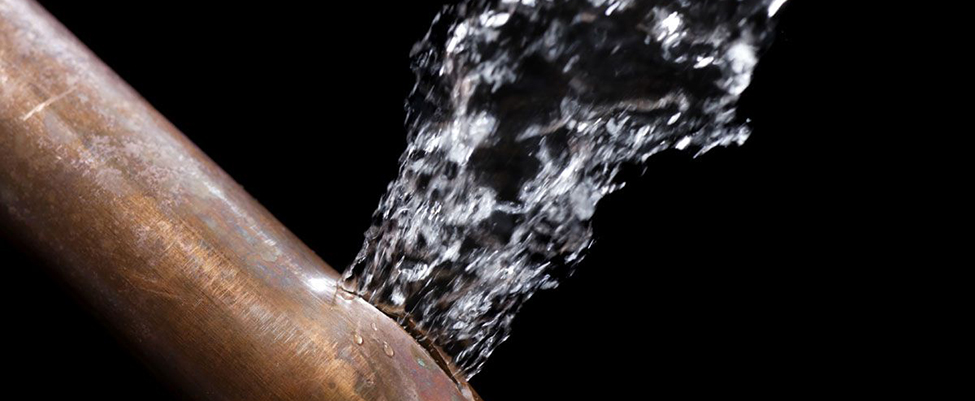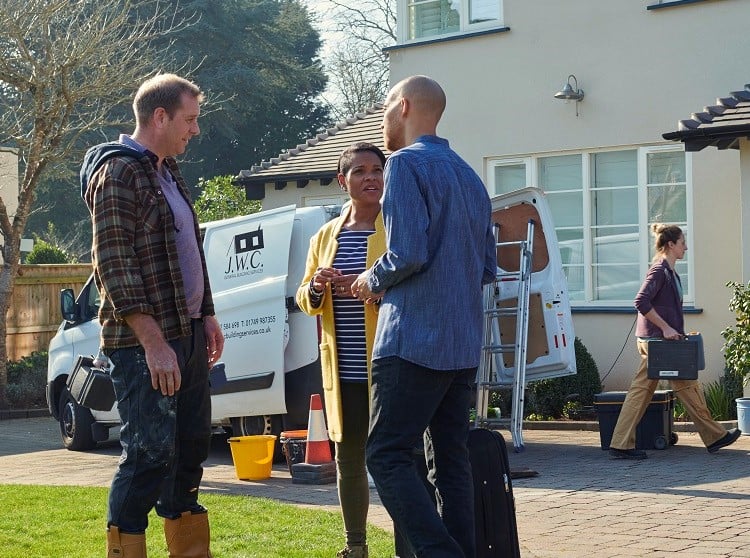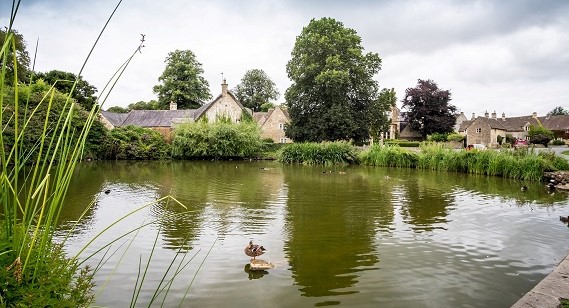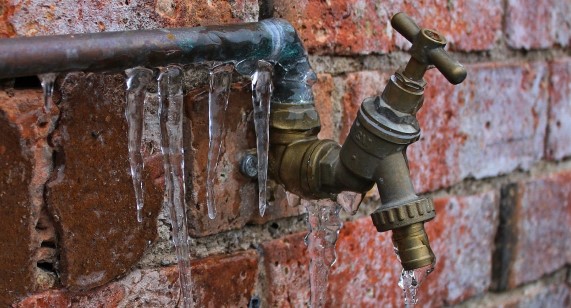Reduce the damage caused by burst pipes

Protecting your home from water leaks
A little water leak in your home might not seem like much...but before you know it, a small leak in your pipework can turn into a big problem. No wonder water damage is one of the most common types of home insurance claim, with the average claim exceeding £15,000*.
Water leaks can happen any time of year and if you don’t catch them early, the disruption can be bigger than you think.
Take a look at our video for a few simple tips to help you catch leaks early and prevent them too.
For information on how to avoid water leaks caused by frozen pipes, read our article How to Prevent Frozen Pipes This Winter.
*Claim information based on average settled claim cost July 2024 to June 2025 for NFU Mutual home insurance customers, excluding claims not pursued.
A burst pipe can cause serious damage
Water escaping from a burst pipe can cause serious damage to your home and possessions. However, if you follow these steps and act quickly you may be able to reduce the scale and cost of any damage.
1. Turn off the water supply
- Switch off your stop-cock to prevent more water from feeding into the pipes and causing further damage. Make sure you know where your stopcock is – it’s usually found in the kitchen, under the sink. And check it works – some can be stiff, rusted or painted over.
- Once the water is off, turn on all of your cold taps to drain any excess water out of the system.
2. Consider turning off the electricity
- If there is any chance that water could have leaked onto any electrics, you should turn off the electricity supply immediately at the fusebox.
- You may be able to just turn off the affected areas, but if in doubt turn everything off – make sure you have a torch if it’s dark. Electrical wiring or sockets that may have got wet can be dangerous so do not touch them.
3. Turn off the heating system
- Turn off any immersion heater and central heating to prevent heating the system while it is empty, as this could cause damage. Turn on all hot water taps to drain any excess water out of the system.
4. Check for water damage
- Check ceilings for bulging caused by water pooling above, and stay clear in case of collapse.
- For any ceilings starting to bulge, and providing it is safe to do so, you could make a small hole to allow the water to escape slowly into a container below.
5. Consult a professional
- Avoid DIY fixes – they can make the problem worse.
- For your own safety, try to have another person with you when you move around the property.
- Before the water and electricity are turned back on, make sure you consult a plumber and electrician. Call your insurer or home emergency provider – they can advise you on your policy limits and the process for arranging a professional.
- Check your Home Insurance or Home Emergency Cover policy for your escape of water limits.

Home Emergency Cover
Our Home Emergency Cover offers added protection against unexpected home emergencies like burst pipes, blocked drains and boiler breakdowns and is available to all NFU Mutual home insurance customers. Administered by ARAG plc.
Home Emergency Cover is included as standard with NFU Mutual Bespoke Insurance


